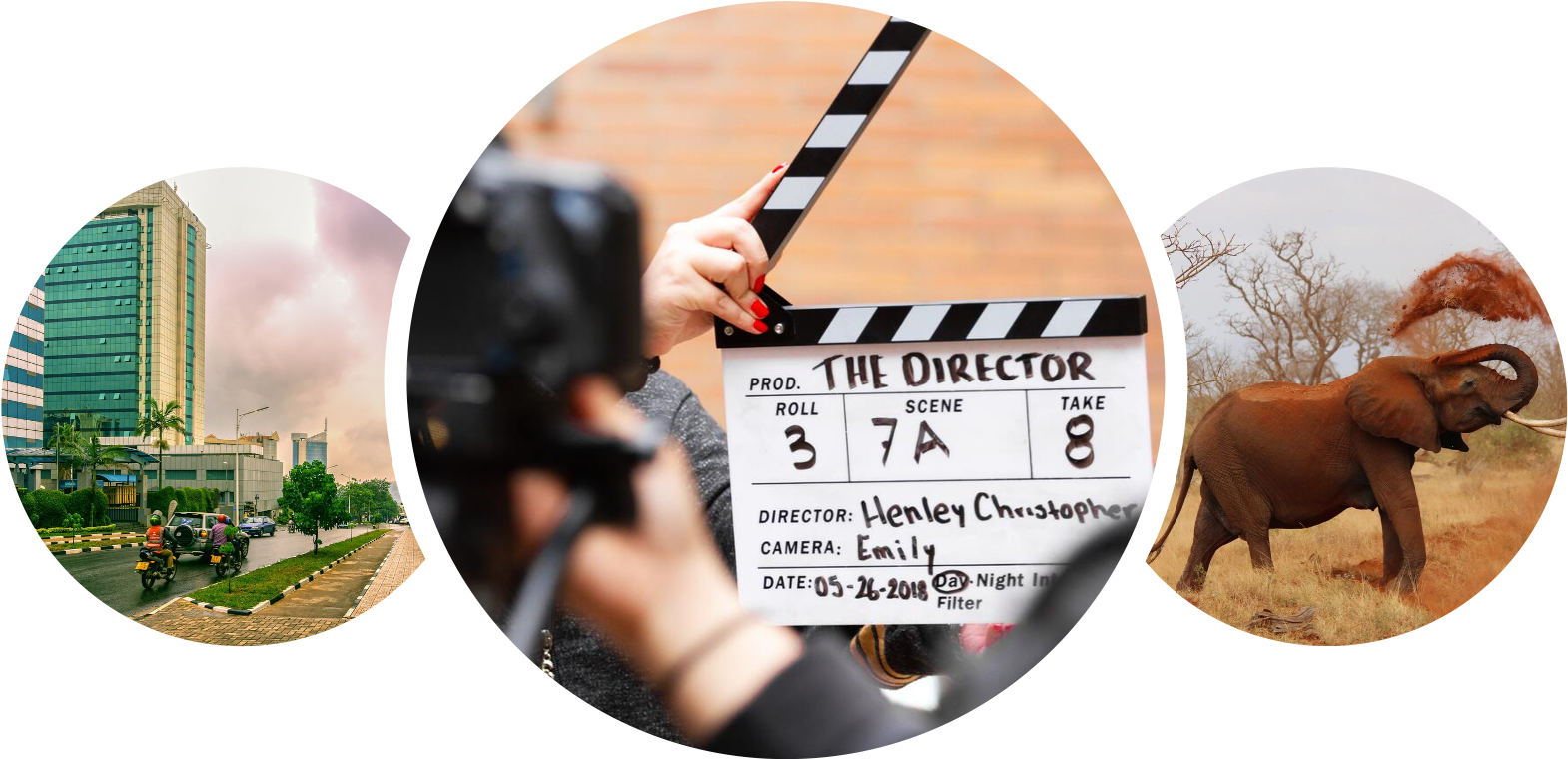Background Information & Inspiration
About Shibuka
Born out of a 2017/18 UK University of Westminster funded project, Shibuka was registered as a local Rwandan NGO just before the first COVID-19 lockdown in March 2020. Shibuka is supported by global and local experts and partner organisations to deliver innovative knowledge transfer and exchange solutions that support young entrepreneurs. It chose to be based in Rwanda due to the country’s commitment to youth entrepreneurship as a driver of both economic and social growth and recovery.
Africa
According to African Development Bank, in 2019 the African continent had the highest entrepreneurship rate in the world, with 22 percent of the working-age population starting their own businesses.
However, the pandemic has brought new challenges. Before the lockdown in March 2020, Rwanda was in the middle of an economic boom prior to the COVID-19 pandemic with real economic growth of 9.4% in 2019. Conservative estimates for 2020 reduced economic growth by about 7 percentage points to between 2% and 3.5%
Research commissioned by Shibuka during the lockdown showed that 94% of young Rwandan business owners were facing financial difficulties as result of the lockdown. More widely research suggests that no more than half of all young start-ups have a chance of making it beyond the first year.
It is clear that the emergence of Africa will largely depend on home-grown businesses and the potential for entrepreneurship development is high with various NGOs and Foundations focused on this task. Young African entrepreneurs are important drivers for the economic development and recovery process of the continent. But how best to guide young Africans to become job creators instead of job seekers and convert that potential into economic growth remains a challenge.
Can television play a role in youth entrepreneurship development in Africa?
In recent years, televisions have slowly penetrated the African market, reaching up to 42% of households in 2018. But as with any other infrastructure or lifestyle solutions, numbers vary significantly between cities and rural communities, and in remote villages, TVs are scarce. In developing countries, television is an important media, far beyond entertainment. Television is, first and foremost, one of the most effective and popular mass media forms in the world, allowing millions of people to stay up-to-date with current news.
This is no different in Rwanda where there is one national broadcaster (RTV) and many smaller regional commercial TV channels. Some have sister radio stations. Many operate on a ‘pay-to-play’ basis where the content creator is expected to buy airtime and pay for TV slots, raising income to cover the costs.
In light of the Covid-19 pandemic, with hundreds of millions of people in Africa required to stay in their homes during weeks of lockdowns, those with TVs have enjoyed both entertainment and continuous, visual updates and news. Whilst internet penetration is reasonably high in Rwanda due to relatively low costs of data and phones, the same cannot be said for all of Africa. Therefore, television remains an important source of news, information and knowledge to many.
